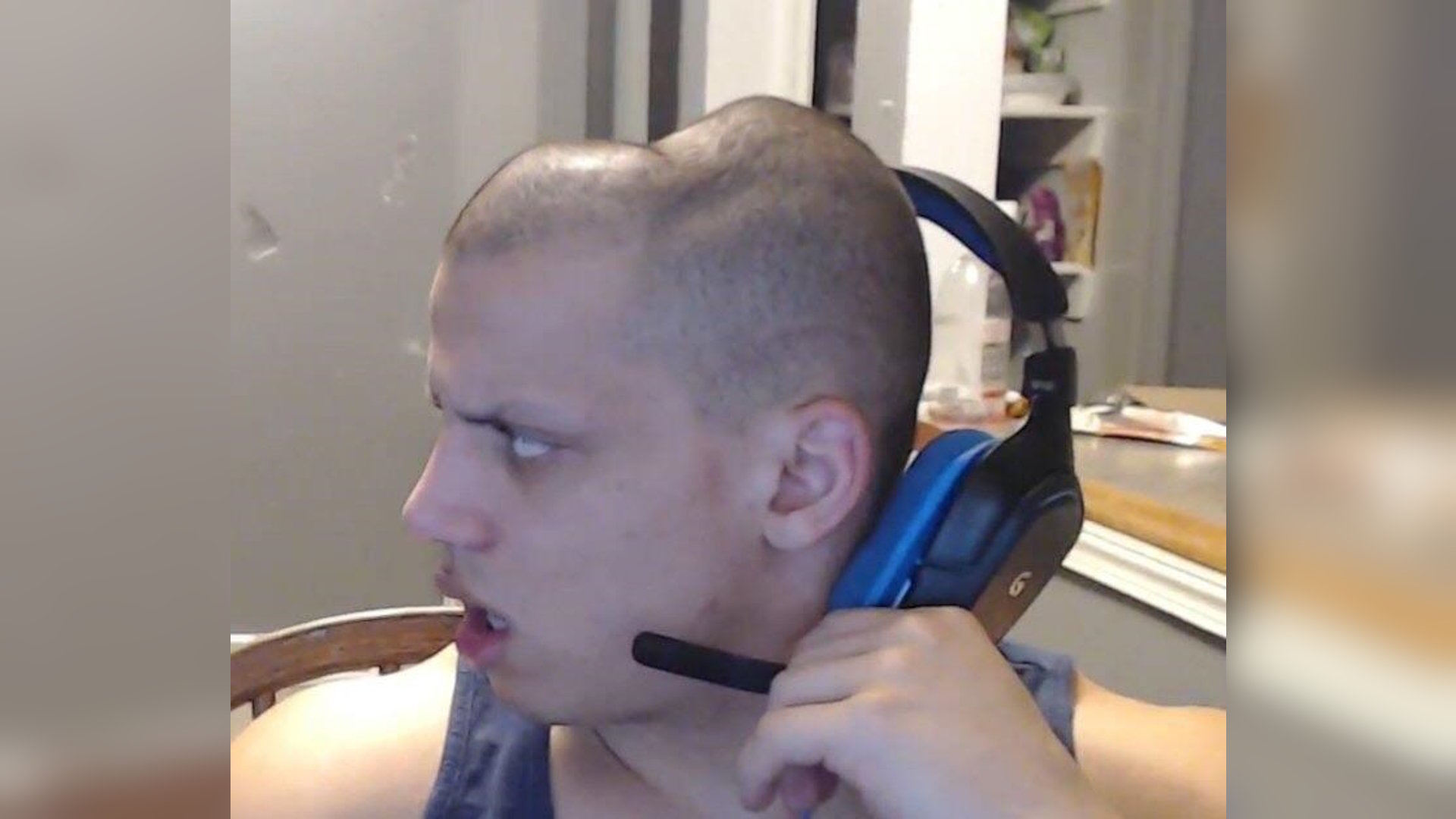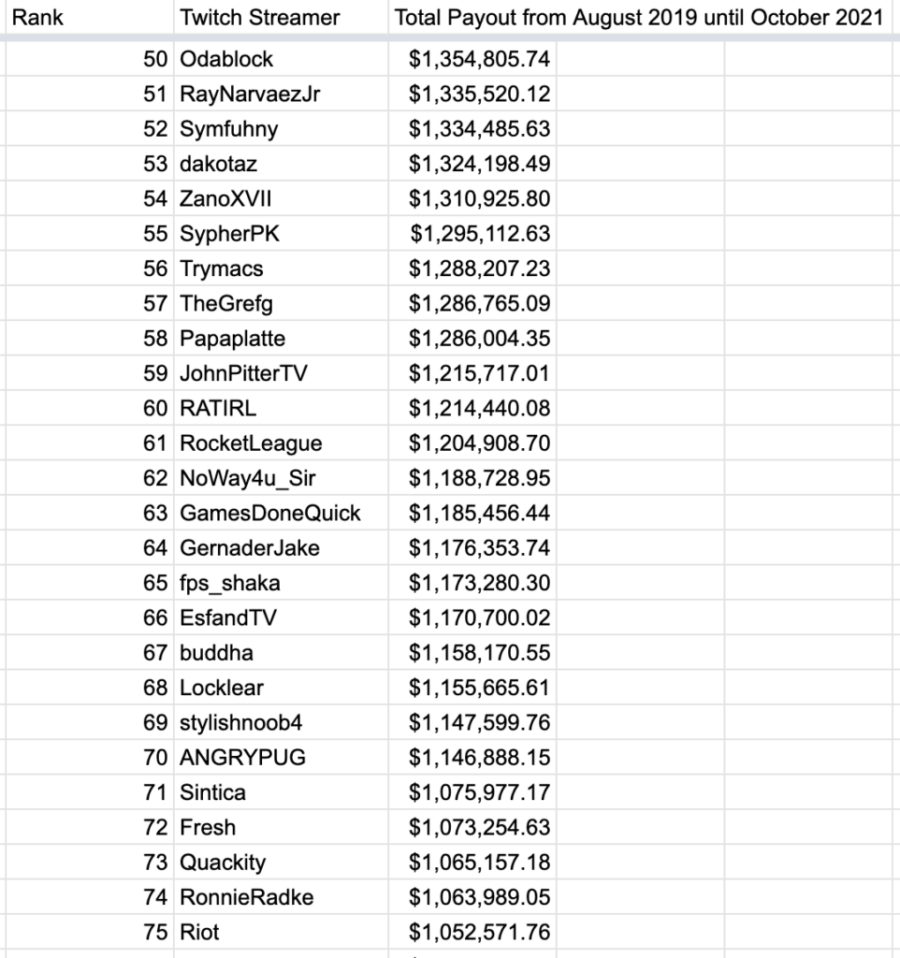The Complex World of Gamer Retirement: When Pixels Fade and Real Life Calls
The world of competitive gaming, or esports, is a dazzling stage of lightning-fast reflexes, strategic brilliance, and intense pressure. It’s a realm where young talents rise rapidly, achieving celebrity status and lucrative sponsorships. However, behind the glamour lies a stark reality: the ephemeral nature of a professional gamer’s career. Unlike traditional sports where athletes can often compete well into their 30s or even 40s, esports athletes often face the prospect of retirement in their mid to late 20s. This article explores the multifaceted reasons behind gamer retirements, the challenges faced during the transition, and the pathways that these talented individuals can pursue after leaving the competitive arena.
Why Do Gamers Retire So Early?
Several factors contribute to the relatively short lifespan of a professional gaming career:
-
Cognitive Decline and Reaction Time: Esports demand peak cognitive function and incredibly fast reaction times. Studies have shown that cognitive abilities, including processing speed and reaction time, tend to decline with age, often starting in the mid-20s. This decline, however slight, can be a significant disadvantage in a world where milliseconds can determine victory or defeat. A 2014 study published in the journal PLoS One found that cognitive performance peaks in the early 20s and gradually declines thereafter.
-
Burnout and Mental Health: The relentless practice schedules, constant pressure to perform, and the intense scrutiny from fans and critics can take a heavy toll on a gamer’s mental health. Burnout is a common phenomenon, leading to decreased motivation, anxiety, and even depression. The esports environment can be incredibly isolating, further exacerbating these mental health challenges.
-
Physical Strain: While seemingly sedentary, competitive gaming can be physically demanding. Prolonged periods of sitting, repetitive hand movements, and intense focus can lead to carpal tunnel syndrome, eye strain, and other physical ailments. These physical limitations can eventually hinder a gamer’s ability to compete at the highest level.
-
The Rise of New Talent: Esports is a rapidly evolving landscape. New games emerge, metas shift, and fresh talent constantly enters the scene. Younger players, often with faster reflexes and a greater willingness to adapt to new strategies, can quickly surpass established veterans. The competitive pressure to stay ahead of the curve can be overwhelming, pushing older players towards retirement.
-
Financial Security: While top-tier esports players can earn substantial salaries and sponsorships, the majority of professional gamers do not achieve such financial stability. For many, the long hours and sacrifices required to compete professionally simply aren’t sustainable in the long run, especially when considering the short career lifespan. The pursuit of more stable and lucrative career paths often becomes a compelling reason to retire.
The Challenges of Transitioning Out of Esports
Retiring from professional gaming can be a difficult transition. Gamers often face a unique set of challenges:
-
Loss of Identity: For many gamers, their identity is deeply intertwined with their gaming career. Retirement can lead to a sense of loss and confusion about who they are outside of the competitive arena.
-
Lack of Traditional Skills: Esports often demands a narrow skill set. While gamers possess incredible reflexes, strategic thinking, and teamwork abilities, they may lack the traditional skills and experience required for other professions.
-
Financial Uncertainty: As mentioned earlier, not all esports players achieve financial security. Retirement can bring about financial uncertainty, especially if they haven’t planned for their future.
-
Social Isolation: The esports community can be very tight-knit. Retirement can lead to social isolation as gamers lose contact with their teammates, coaches, and other members of the community.
Life After Pixels: Pathways for Retired Gamers
Despite the challenges, many retired gamers successfully transition to new careers and find fulfillment outside of the competitive scene. Here are some common pathways:
-
Streaming and Content Creation: Many retired gamers leverage their existing fanbase and gaming expertise to become streamers or content creators on platforms like Twitch and YouTube. They can continue to play games, provide commentary, and interact with their audience, maintaining a connection to the gaming world.
-
Coaching and Analysis: Retired gamers can use their experience and knowledge to coach aspiring players or provide analytical commentary for esports events. Their insights and expertise are invaluable to both players and viewers.
-
Esports Management and Administration: Some retired gamers transition into roles within esports organizations, such as team management, marketing, or event planning. They can use their understanding of the industry to contribute to its growth and development.
-
Game Development and Design: A passion for gaming can also lead to careers in game development and design. Retired gamers can use their firsthand experience to contribute to the creation of new and exciting games.
-
Pursuing Education: Retirement can be an opportunity to pursue higher education and acquire new skills. Many retired gamers enroll in universities or vocational programs to prepare for new careers in fields like business, technology, or the arts.
-
Leveraging transferable skills: Esports requires teamwork, quick decision making, and problem-solving skills, all of which are highly valued in many industries. Retired gamers can leverage these skills to find success in a variety of fields.
The Future of Gamer Retirement
As esports continues to mature, there is a growing awareness of the challenges faced by retiring gamers. Organizations and individuals are working to provide support and resources to help them transition to new careers. This includes:
-
Financial planning and investment advice: Helping gamers manage their earnings and plan for their financial future.
-
Career counseling and job placement services: Providing guidance and support in finding new employment opportunities.
-
Mental health support: Offering counseling and therapy to address the mental health challenges associated with retirement.
-
Education and training programs: Providing opportunities to acquire new skills and prepare for new careers.
Conclusion
The life of a professional gamer is a unique and demanding journey. While the rewards can be significant, the career is often short-lived. Retirement is an inevitable part of the esports experience, and it’s crucial for gamers to be prepared for the transition. By understanding the challenges and exploring the available pathways, retired gamers can find fulfillment and success in their post-gaming careers. The esports industry, too, has a responsibility to support its athletes and ensure that they have the resources they need to navigate this transition successfully. As the industry continues to grow and evolve, it’s essential to prioritize the well-being of its athletes and provide them with the support they need to thrive both inside and outside of the game.
![]()








